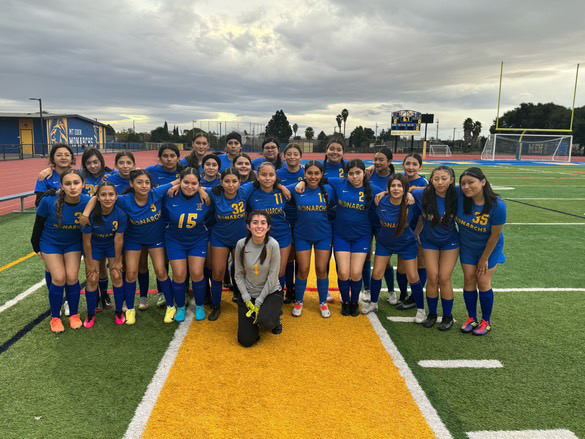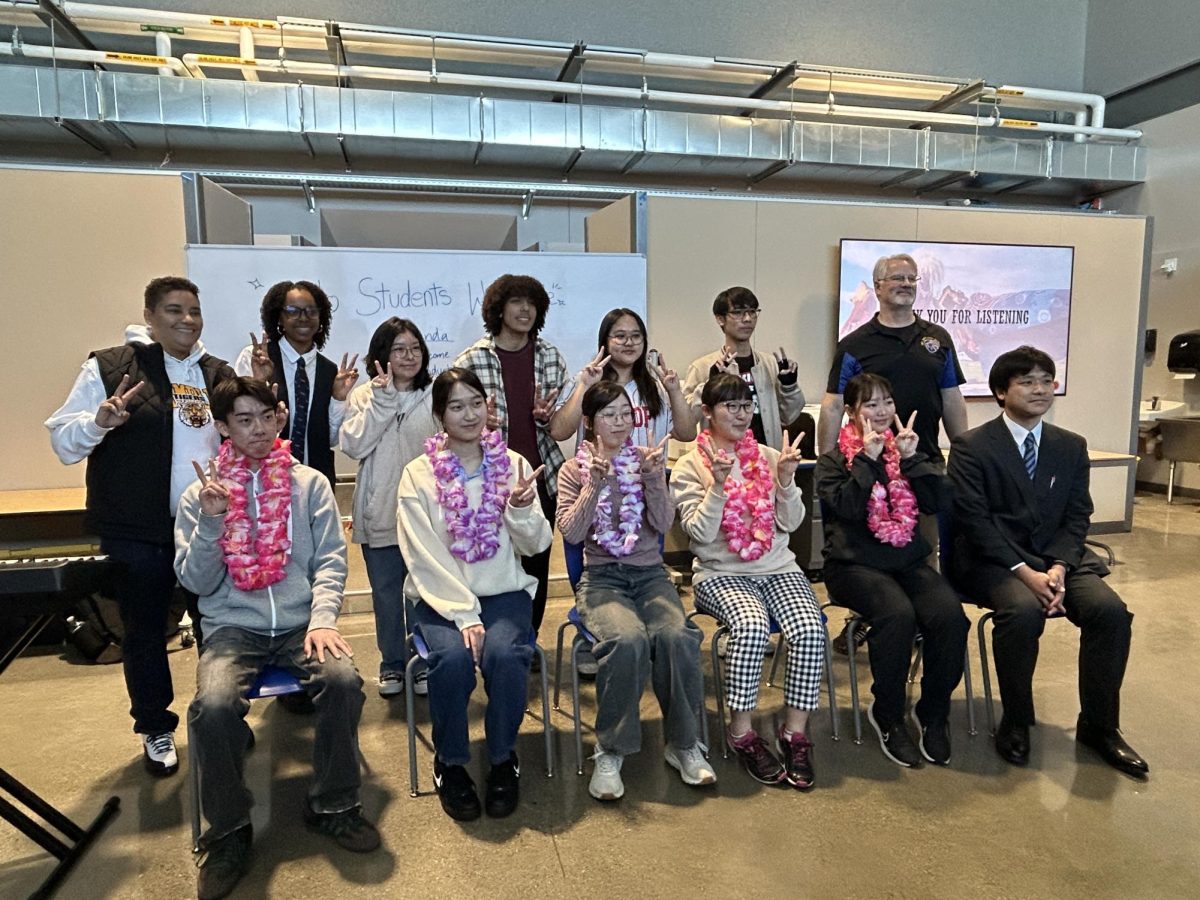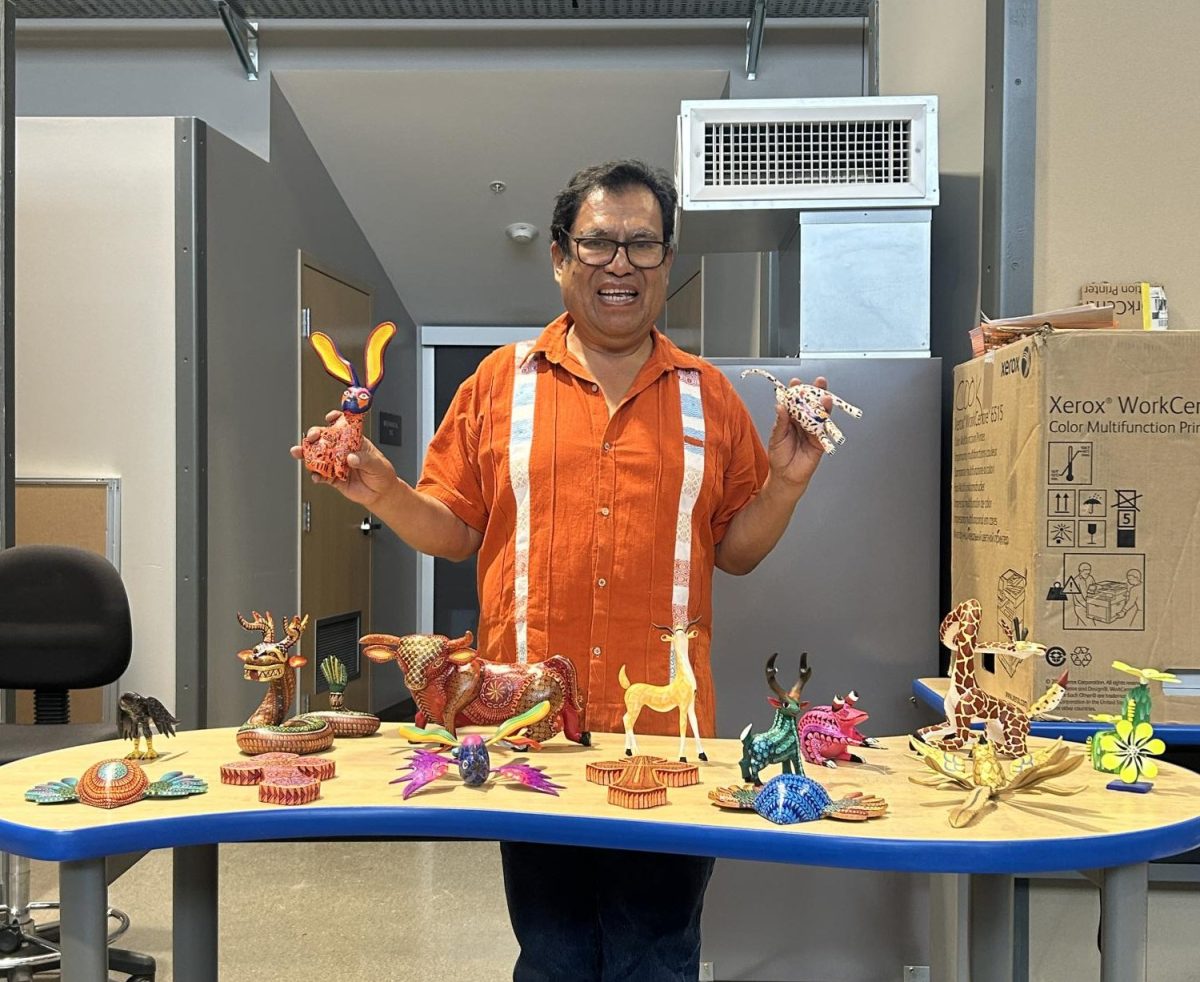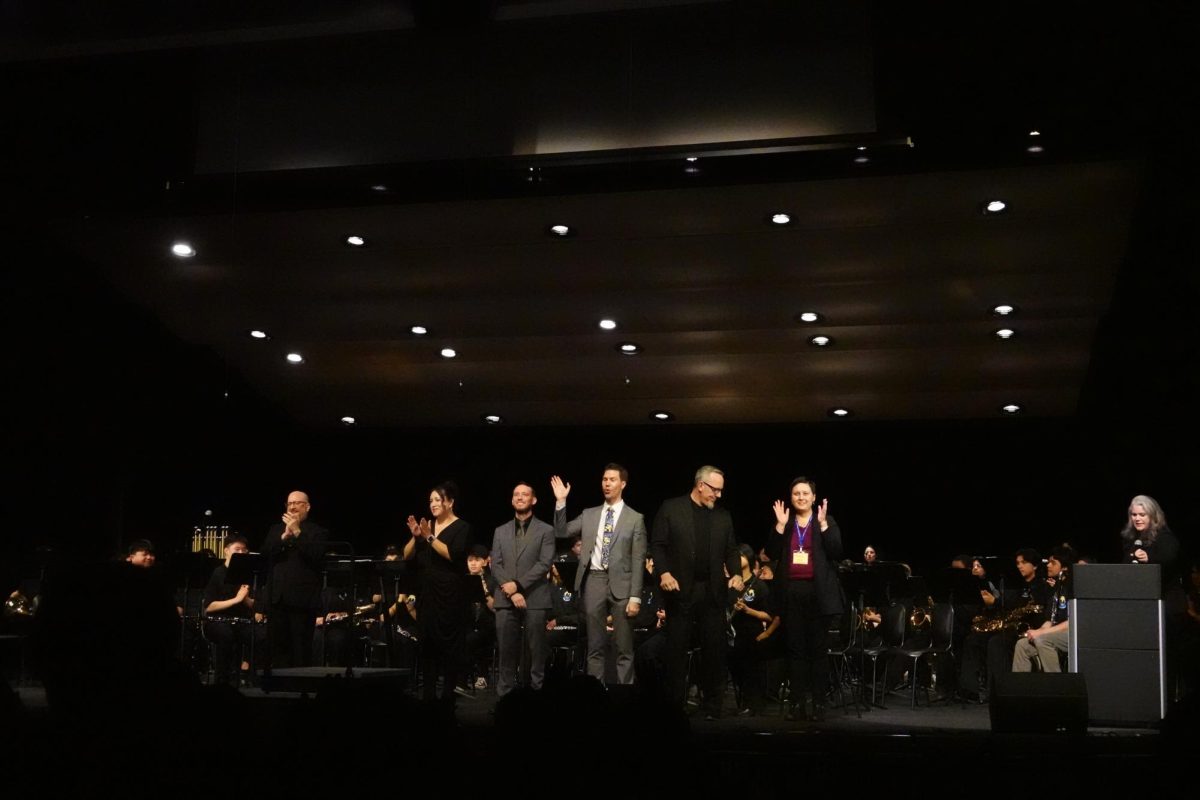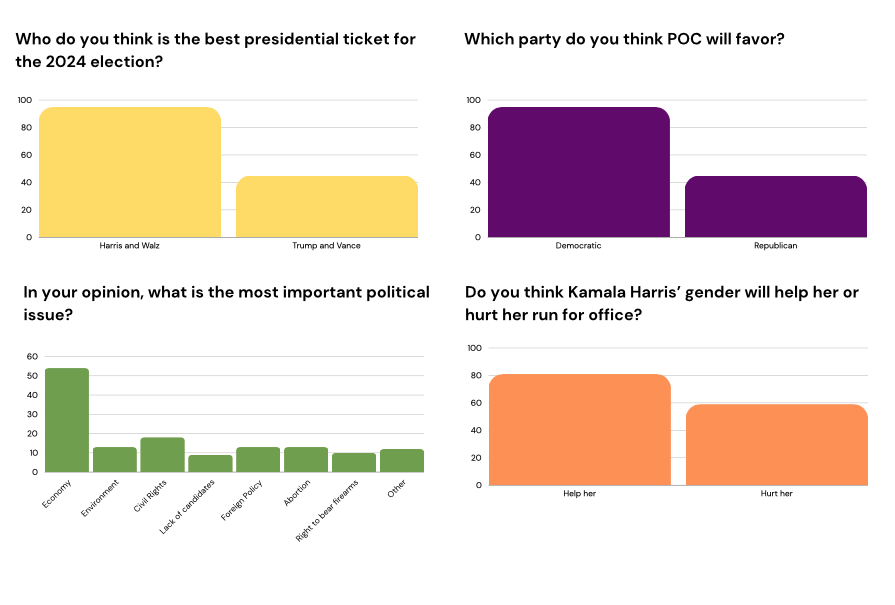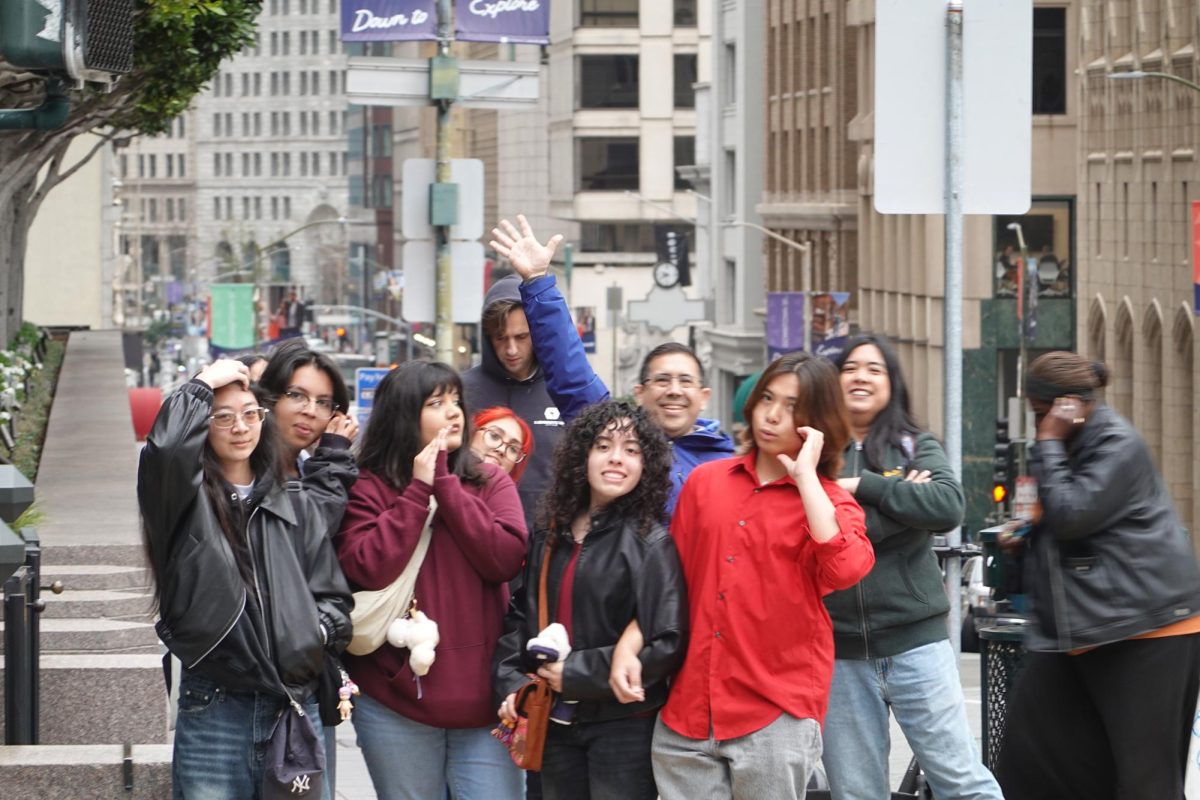AP tests have passed. Of course, all AP students wanted a 5, undoubtedly proved through the “MT. EDEN STUDENTS ARE STRIVING FOR A 5” poster you may see walking into school everyday. But did we really strive for a 5?
I’ve often heard the phrase “it’s not going to matter for my major anyway,” “it’s not mandatory, so I didn’t do it,” or “it’s just a sport,” when students are asked about whether they had done a recent assignment, gone to sports practice, or studied for a test. You may have heard about syllogisms in your English class, three-part arguments that build a claim from a solid, unshakable fact. If our lives were syllogisms then the saying “it’s not mandatory, it won’t matter, it’s not required” would be our truth, the unbreakable principle to reason through every decision.
So, why did we want a good score? To get college credit for a specific class, that would give us an advantage for college. But grades matter more than the AP since colleges judge them. Grades matter more than our hobbies or passion too, since colleges will look at grades first. Grades matter more than putting 110% into an assignment, since you’re going to get another equally weighted assignment anyways. Grades matter more than… anything: when we go to a good college, life will be easier. Brighter. Wealthier.
So, back to our syllogism: achievement, wealth, and class are essential. Doing just enough for good grades and extracurriculars—giving your 60% at club/sports meets, leaving an assignment at 70%— will grant us prestige and high end jobs. Therefore, solely doing what’s required or expected is enough.
I agree with this, the strategy works. It’s a logical approach to the equally logical school environment surrounding us, and this behavior is exactly what school expects of students.
Nevertheless, let me tell you my own syllogism: school is meant to prepare students for adulthood. Solely fulfilling what’s expected constrains one’s life and identity in adulthood. Thus, students should not be taught, and should not follow a system of “bare minimum.”
Doing only what’s required is not a lack of effort, but a lack of choice. Much like the systematic approach of schoolwork, restricting yourself to the expected or standard method of doing things constraints yourself to American standards, causing one to act exactly as America intended. From there, many authors, like Chimamanda Ngozi Adichie, question whether one’s culture, life, or personality preserves once assimilated to America. Most believe not.
When I think of this lack of choice, I often think of my time in America, and my family “duty.” My parents immigrated around 40 years ago, with only their immediate family, in poverty—walking 2 miles instead of paying 25 cents for the bus, buying 10 pounds of chicken to eat with plain white rice for years on end. So when my parents, who arrived for wealth, democracy, and opportunity, “got a toehold in the middle class,” as Jay Caspian Kang put it, the journey seemed to end there. There is no requirement to continue, and so they stop, stabilize their jobs, and retire satisfied that they had succeeded in preparing their family for American success. The second generation Asian American is then left with a crystal-clear objective: excel in school, go to a top college, get a high-paying job… In other words, doing just enough for a “good life” in America.
As a result, these second generation teens—often having lost their native language, being led down an infinitely straightforward path, being compared with other second generation kids who always seem to play the violin—lose any connection they may have had to the “Asian” part of their identity. No longer do they need to involve their personalities, cultures, languages, or histories into our work; they simply need to conform to the deadlines and expectations.
Living becomes a series of inevitable and planned out steps, from the pianos, violins and rigorous math tutoring these teens received as children to the prestigious universities and medical professions they are expected to achieve in adulthood. Passions and interests become mere distractions, acting solely as temporary advantages to get into prestigious colleges.
Upon speaking these thoughts to my invisible friend, Thomas, I am confronted with criticisms of “privilege,” “ungratefulness,” and told of the students who are much less fortunate financially and environmentally. This seems to be the barrier with opening up as a middle class: when confronted with the plethora of violence, destruction, and oppression other minorities face, the internal struggle, sorry I meant “struggle,” of an Asian American who can get into pajamas at 4pm and study quietly everyday seems unrealistic and conceited. A rant, in other words.
I appreciate my inherent privilege and direction. I understand that less fortunate people do not even get a chance to grapple with this “problem.” I understand, yet I still feel distressed. Is highschool really just a stepping stone for some master plan? When can we start choosing for ourselves, or is following this “life formula” what adulthood is all about? There’s a reason we feel uncomfortable with asking these questions, and I don’t believe it’s because of some “rebellion phase.”













